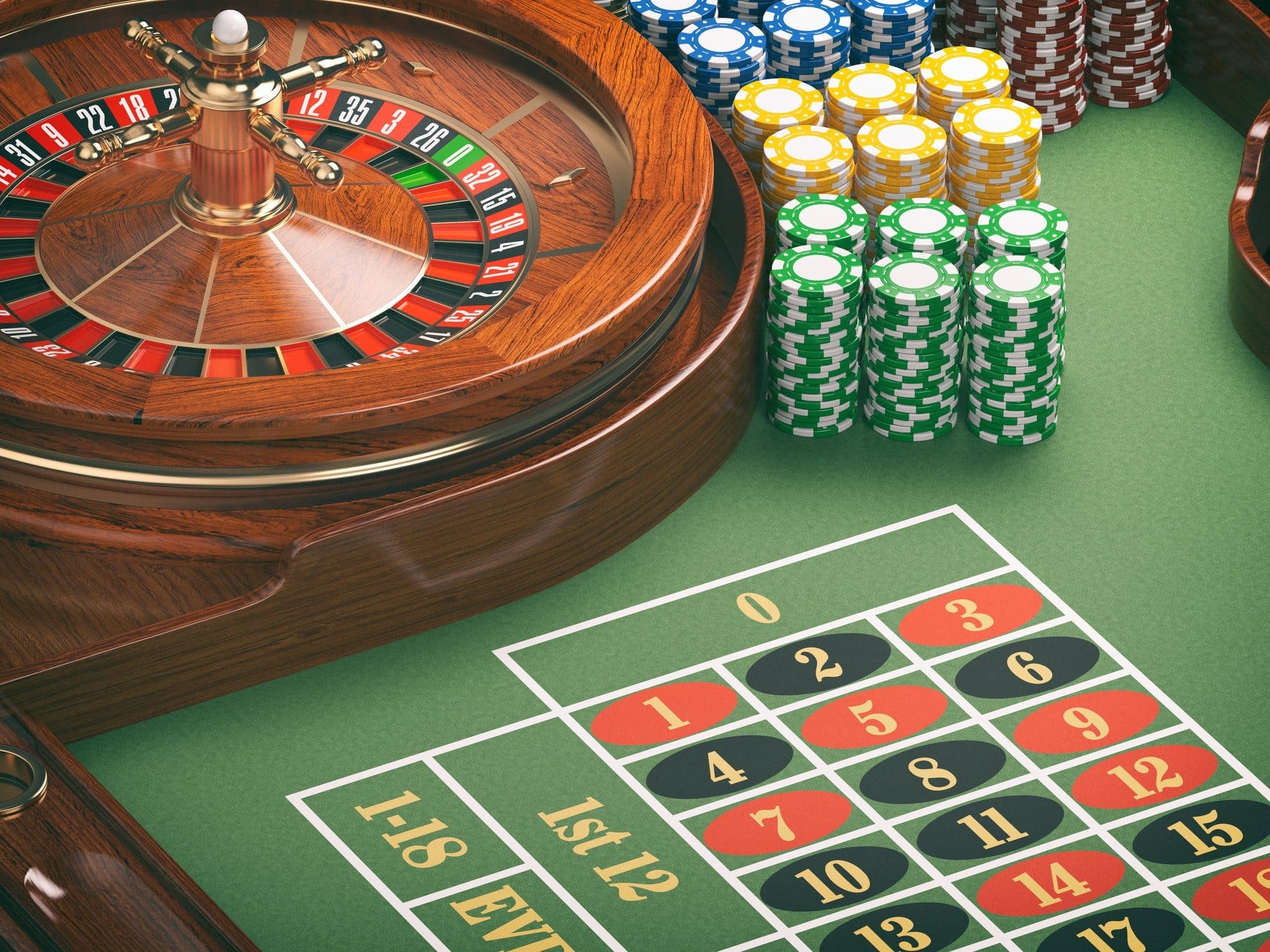The Link Between Casino Games with Mathematical Concepts

Casino games have captivated players for ages, drawing them into a realm of thrill, luck, and wealth. From the sparkling lights of video slots to the tactical intensity of card tables, these games offer a distinct combination of amusement and hazard. However, underneath the facade of this glamour and style lies a sophisticated connection of mathematics that influences every result and decision made within the gambling establishment.
Understanding this connection between gambling games and numerical principles not only boosts the gambling experience but may also help participants make informed selections. Whether you are a occasional punter or a dedicated enthusiast, recognizing the numerical strategies at play can give insightful understandings into likelihood, odds, and approaches, finally influencing how one approaches these chance games.
Statistical Likelihood in Gambling
In the world of gambling activities, statistical likelihood plays a crucial role in assessing results and informing player decisions. Each game has a distinct set of regulations and a particular likelihood model that influences its mechanics. For example, in games like the roulette wheel, players must grasp the chances of hitting a specific digit or color. The likelihood of certain occurrences occurring can be computed, and this understanding can greatly influence wagering strategies.
Players also need to be cognizant of the house advantage, which is the statistical advantage that casinos hold over players in the long run. 45678 This advantage varies across various activities. In 21, expert players can use tactics to minimize the casino edge to as little as 1 percent, while in activities like slots, the casino edge can be much higher. Understanding the house advantage allows players to make wise decisions about which games to participate in and how much to bet.
Moreover, probability is fundamental in the principle of danger versus gain in gambling. Each bet carries a specific danger factor, and players must evaluate the possible return against that danger. Games like poker require gamblers to not only compute the odds of their own hand winning but also to assess the likelihoods of their rivals' showings. By applying statistical principles to their gameplay, players can enhance their odds of winning and participate more strategically in the exciting world of gambling activities.
Anticipated Worth in Gambling Games
When talking about gambling games, one of the fundamental concepts rooted in math is the expected value. This statistical measure helps players grasp the potential outcomes of their bets over a period. In basic terms, anticipated worth (EV) calculates the average amount a gambler can expect to gain or suffer per bet if they were to play the activity repeatedly. Each game has its own EV, affected by the probabilities and the house edge, which signifies the benefit that the gambling establishment holds.
For instance, think of a game like the roulette game. The expected value can be calculated based on the particular wager placed. If a gambler bets on a individual number, the payout is 35 to 1, but the actual odds of success that wager are 1 in 37 (in Euro the roulette game). This leads in a detrimental anticipated worth, indicating that, on average, gamblers will incur a loss money over a period when playing this kind of wager. Understanding this idea allows players to make better educated decisions about which activities and wagers may be more favorable.
Furthermore, the investigation of anticipated worth can lead to better bankroll management. Gamblers who comprehend the mathematics behind their activities are often able to set realistic expectations. By acknowledging their potential deficits and profits, they can modify their playing strategies appropriately, which may enhance their overall gambling experience overall. As a result, expected value serves as a critical tool for both novice and experienced players to steer through the often unpredictable character of gambling activities.
Tactics and Probabilities: The Math Behind Winning
In casino games, comprehending the chances is vital for players looking to maximize their likelihood of winning. Each contest has its own unique set of chances that dictate successful performances, and these figures are often found in the gaming guidelines or payout schedules. For example, in games like blackjack, players can improve their odds through tactics such as card counting, which relies on arithmetic concepts to gain an edge over the house. By acquainting themselves with the odds, players can make more knowledgeable choices on when to place bets and when to fold.
Additionally, the principle of expected outcome holds a critical function in gaming tactics. Average outcome determines the typical outcome of a stake over a period, allowing gamblers to assess whether a certain bet is justifiable taking. For instance, slot machines have a specific payout percentage, which can suggest the average return a participant can expect on their wagers. By opting for games with greater expected values, gamblers can reduce the house advantage, boosting their future winnings in the long run.
In conclusion, successful participants often adopt a combination of luck and calculative tactics to enhance their gaming experience. While chance is uncontrollable, managing a betting strategy based on math insights can lead to more favorable outcomes. By employing techniques such as bankroll management and picking games, players can utilize math to maneuver through the unpredictable nature of casino games, making the most of their investments and resources at the gaming tables.
